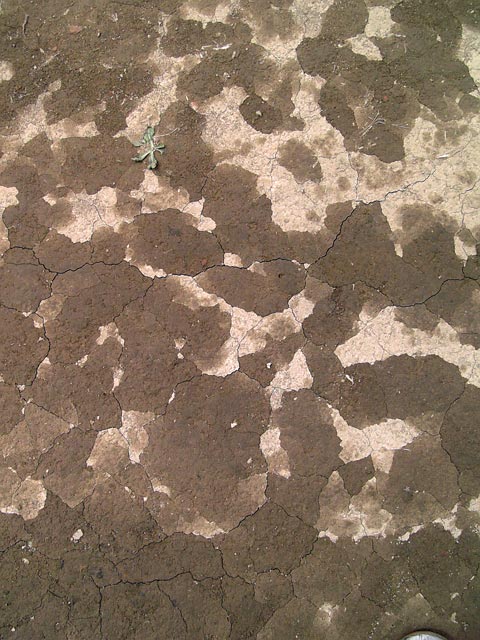Translated from the Arabic by ROBIN MOGER
The zaar concluded on the tenth day. With a small retinue, Sara went down to the Nile.
On this, the last day, she had to wash every inch of her body in the river’s sacred waters, and then the celebrations could begin. She stepped quickly, her body weightless now all the years of waiting and false promises were set aside. Face shining, renewed, it was as though three decades of dread had swirled up and away with the incense smoke and the dust raised by the devil’s music. Purged of its frustrations, her mind could usher in thoughts of hope, and it seemed to her now, as she stepped out of the house and back into the world outside, that divine care had granted her its protection; was shielding her from time, against oblivion.











